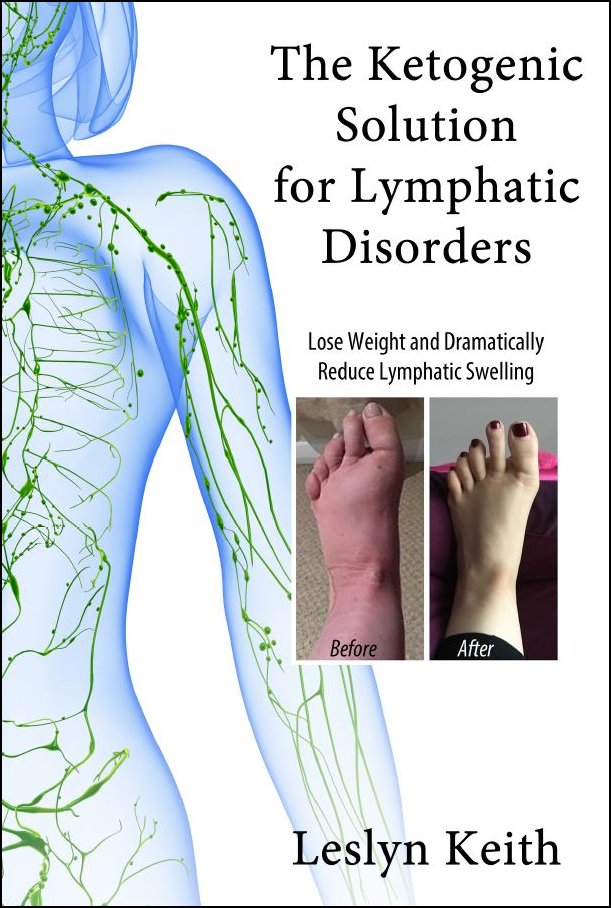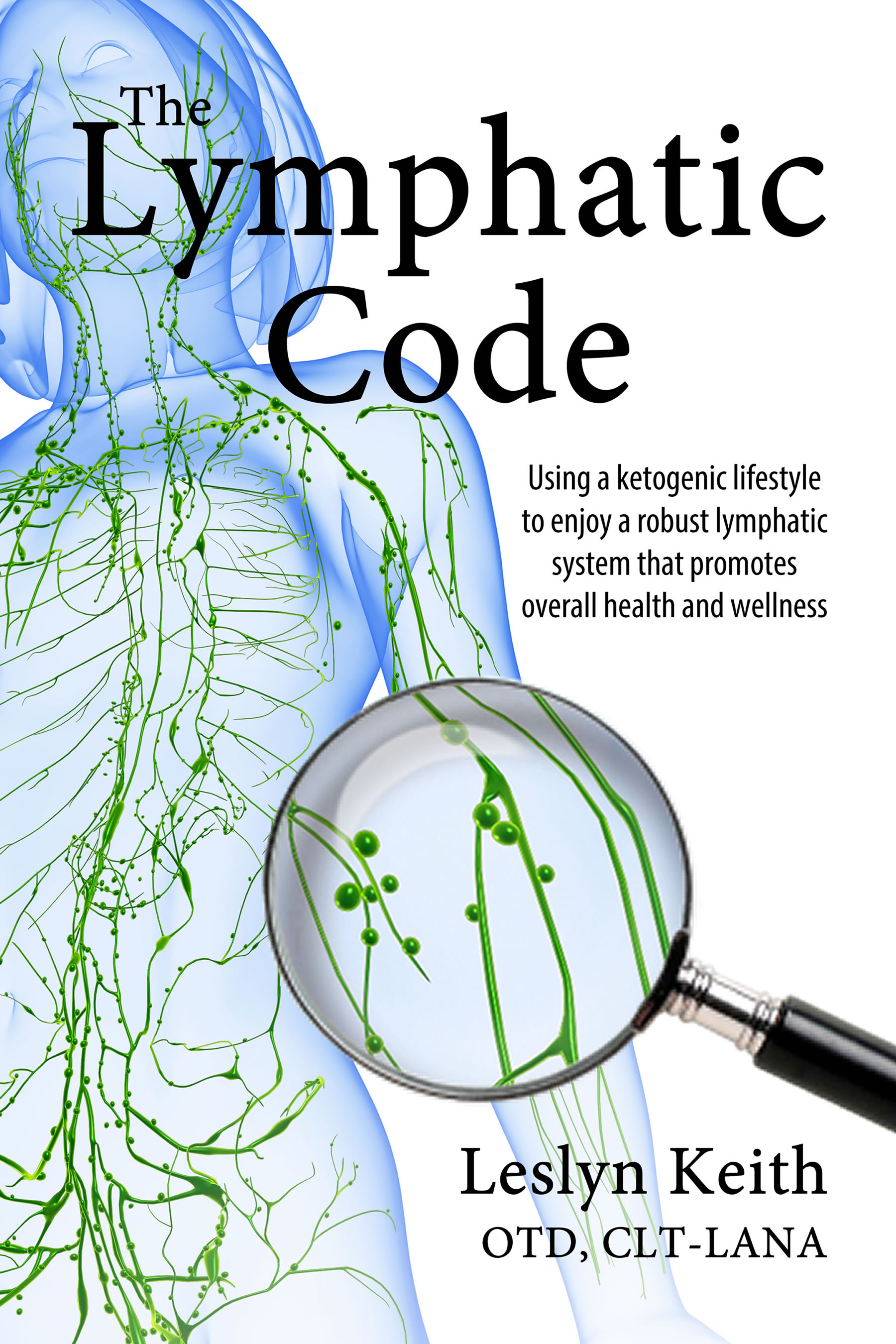Common Ketogenic Diet Questions
Ketogenic Diet Questions Upon Hearing for the First Time
that Carbs are Bad and Fat is Good
Part 1
I give guest presentations in a health class at a local community college, presenting the science behind a low carb, high fat, moderate protein lifestyle. To engage the audience, I have the students fill out a food log. I know that carbs are everywhere and that young adults, following the Standard American Diet (SAD) guidelines, are supposed to eat a lot of carbs, but when the class members broke down what they ate, it was shocking to see the quantity of carbohydrates and the glaring absence of fat that these students consumed.
But that is such a common way of eating! I think I went through college, decades ago, and never considered much in the way of nutrition. I wish now that someone had shared the science of nutrition with my classmates and me, so I could have started looking into and thinking about what goes into our bodies.
My presentation isn’t usually the magic bullet that leads the students to reduce their carbohydrate intake, but it does make them think, and that thinking leads to some questions. Here are some questions they have asked me. You might have some of the same ones.
Students' Ketogenic Diet Questions

How are you able to track all this info once on the keto diet? You can use a variety of food trackers or online food logs such as Fitbit. I especially like Crono-meter (www.cronometer.com) because it was developed by people who use a ketogenic food plan. Most food trackers will tell you how many calories you have eaten along with how many grams of each macronutrient (fat, protein, carb) and micronutrient (vitamins and minerals).
Why is fruit bad for us? Aren’t fruits full of natural sugar? Yes, fruits are full of fructose, a natural sugar. In smaller quantities and as an occasional special treat, eating fruit is fine. Because of the sugar content in fruit, you will easily exceed a 20 gram carb daily limit. If you have type 2 diabetes, it is recommended that you limit your fruit to those with a lower sugar content like berries.
Why can you eat as much bacon as you want? Isn’t it really unhealthy because all the fat? Fat, especially the saturated fat found in bacon, is very healthy for humans. When fat is “saturated,” that means that there are no places for oxygen molecules to attach because it is already saturated with hydrogen molecules. When oxygen attaches to available places, this process is called “oxidation” and is the way that food becomes rancid. Saturated fat, found commonly in animal products, is healthy because the fat is very stable and slow to spoil. This is why your great grandmother could keep lard on the kitchen counter. She did not need to refrigerate it. Monounsaturated fats such as found in avocado oil and olive oil are pretty stable because they only have one place for oxygen to attach. Polyunsaturated fats, like Canola oil and corn oil, have multiple places for oxidation and they go rancid very quickly.
Is the yolk in an egg not healthy? The egg yolk is very healthy! It is in large part made up of saturated fat and contains many necessary bioavailable micronutrients.
Can you gain muscle with working out and eating LCHF keto? Yes! Many professional athletes use keto to get a competitive edge. A good site to learn more about this is at https://www.reddit.com/r/ketogains/ A good book on this topic is: The Art and Science of Low Carbohydrate Performance. One of the authors, Dr. Jeff Volek, was a competitive powerlifter.
Are oils bad? Oils are not all bad, just the polyunsaturated ones that can go rancid easily. 40 years ago, most fast food places cooked in lard. Then it was thought that cooking in animal fats was bad for us, so they switched to ultra-processed partially hydrogenated vegetable oils. Instead of cold pressing an olive or an avocado to get oil, which creates healthy oils, vegetable oils were heated up and chemically treated to make the oils that French fries are now cooked in. This manufactured oil is so harmful that new chemical detergents were created just to be able to clean the hardened oils that are caked on the cooking surfaces and walls at your local McDonald’s. A great book explaining this is Nina Teicholz’s Big Fat Surprise.
Is too much cholesterol-rich food bad for you? No, not at all. Cholesterol is essential for life. We produce about 80% of what we need within our own bodies. The remainder comes from foods we eat. If our body has all the cholesterol it needs and we eat cholesterol-rich food, the dietary cholesterol will not raise the level in our body.
Books by Leslyn Keith, OT
|
Buy the print softcover book on Amazon Buy the E-book via Paypal |
Buy the print softcover book on Amazon Buy the E-book via Paypal |

